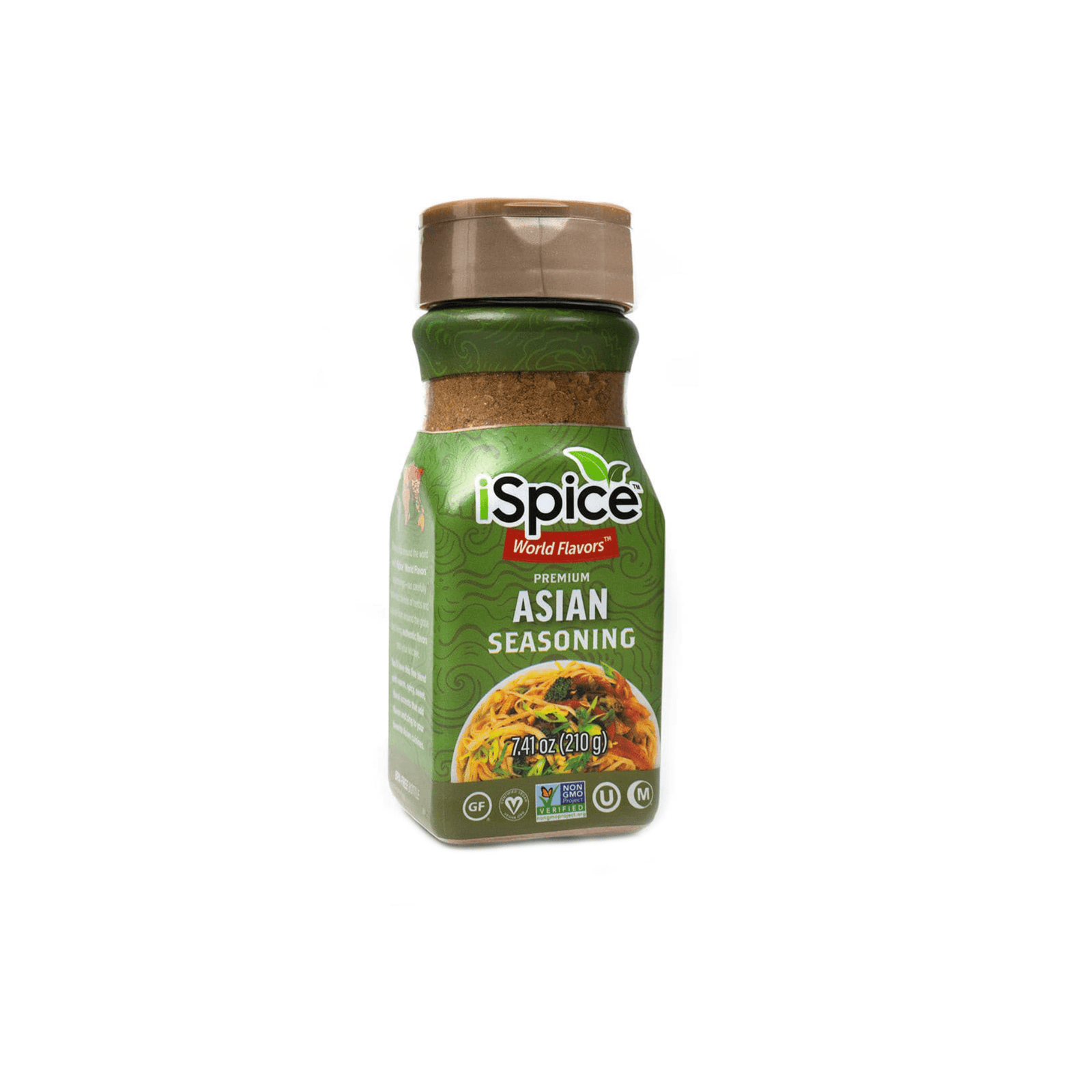Cumin has a warm, nutty, woody flavor with a kick of spice. It has a distinctive aroma and is used to add flavor and to compliment the natural sweetness of food. Its seeds—each one contained within a fruit which is dried—are used in the cuisines of many cultures in whole and ground form.A flowering plant in the Apiaceae family, cumin is native to the area stretching from the Middle East to India. Its use dates back to 5,000 BC when it was served as a table condiment in Ancient Greece and Rome. Today it’s most commonly used in chili powder, Indian curries and Middle Eastern and Mexican cuisine.Cumin is an excellent source of iron, manganese and other vitamins. Although it is thought to have uses in traditional medicine, there is no good evidence that cumin is safe or effective as a therapeutic substance.
Alert: While spices can have many beneficial properties for health, using them for medical purposes should be done under the guidance and supervision of a healthcare professional or specialist. Some spices may interact with medications or cause adverse reactions in certain individuals, and it is important to use them safely and appropriately. If you are considering using spices for a medical condition, it is important to consult with a healthcare professional before doing so.
| |
Benefits of CuminSome research suggests Cumin may have the following benefits:
|





















































